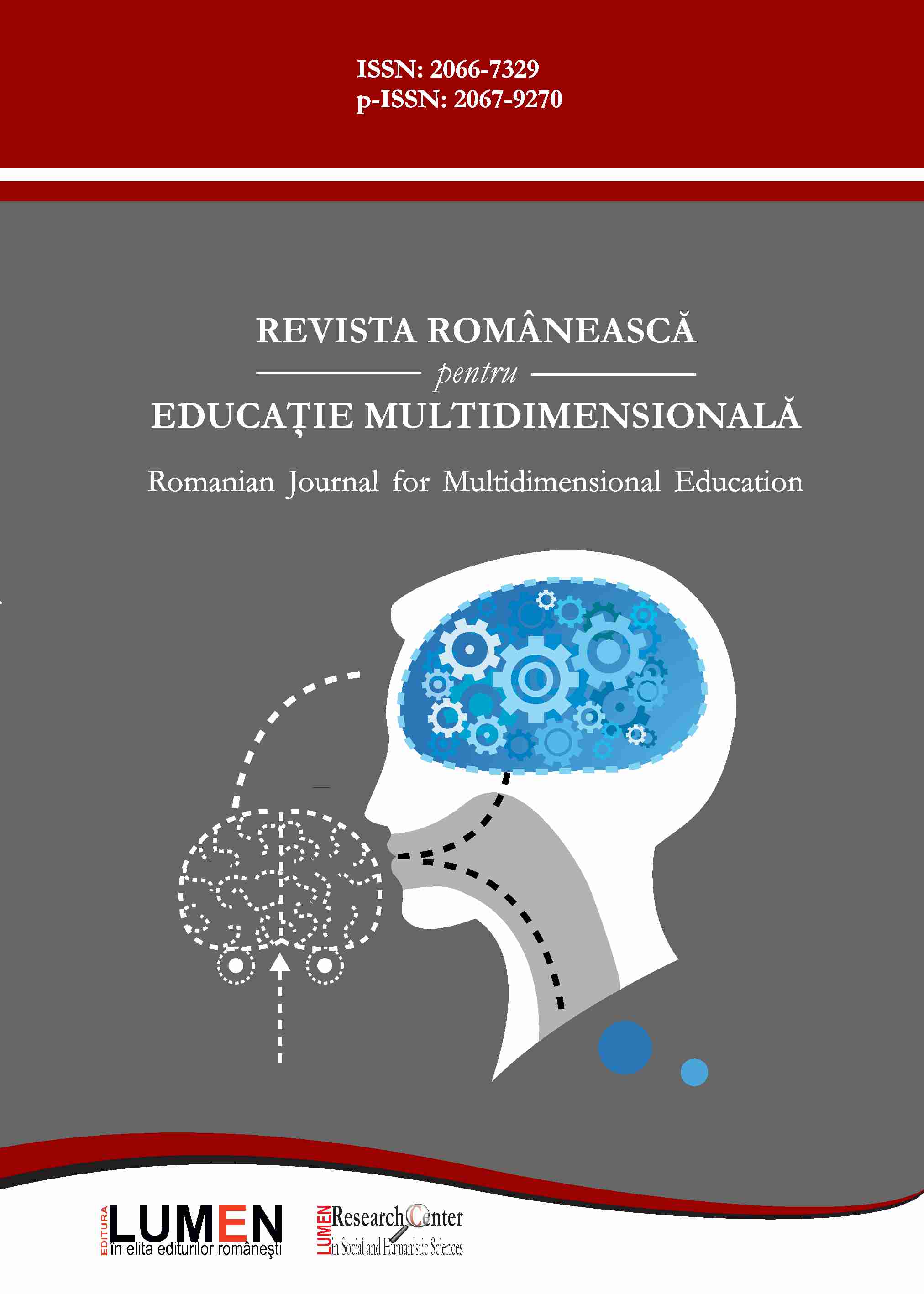Peculiarities Of Student Distance Learning In Emergency Situation Condition
Peculiarities Of Student Distance Learning In Emergency Situation Condition
Author(s): Mariana Dushkevych, Hanna Barabashchuk, Natalia HutsuliakSubject(s): Higher Education , Educational Psychology
Published by: Editura Lumen, Asociatia Lumen
Keywords: coronavirus pandemic; distance learning; students; Generation Z; innovative education at a high school;
Summary/Abstract: The article outlines the contemporary issues of distance learning and the use of the Internet by students during the outbreak of pandemic. The conducted research demonstrates student attitude towards distance learning, its advantages and disadvantages, student perception and acquisition of lecture and seminar material, implementation of online trainings and practical classes. The purpose of this article is to investigate student behavioral, cognitive and emotional reactions to forced distance learning conditions. The authors assume that students, being members of Generation Z, can easily adapt to the new learning environment, quickly organize the learning process, as well as choose preferable online learning platforms. The research proves that 66% of students need from 2 to 4 hours for distance learning; 22% spend from 4 to 6 hours studying remotely and only 12% spend less than 2 hours a day studying in a new way. One third of students (36%) consider the distance learning system quite comfortable, 8% – very comfortable, while a quarter of the respondents (25%) have neutral attitude towards online learning technologies. Students choose the following distance learning platforms the most often: Google Meet (94%) and Moodle (70%). They also use Zoom, Skype, Viber and Telegram in order to keep in touch with teachers and fulfil studying purposes. 19% of students regard distance learning as of a high quality, whereas 75% are currently neutral about this way of learning and only 6% of the respondents consider these necessary innovations ineffective.
Journal: Revista Românească pentru Educaţie Multidimensională
- Issue Year: XII/2020
- Issue No: 1 Sup2
- Page Range: 71-77
- Page Count: 6
- Language: English

